Share
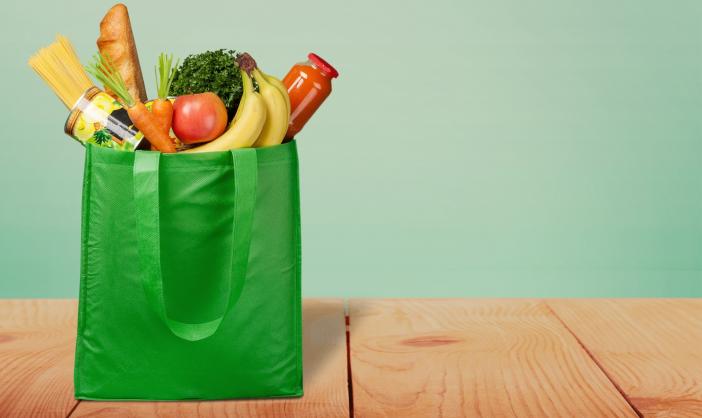
Reusable bags are a sustainable alternative to plastic bags. However, they need proper care to prevent things like germs and mold from growing and cross-contaminating your food. Wash and store bags safely between each use. Here's how:
Clean
- Wash bags after each use, following care instructions. See the fabric care label or the table below for more details.
- Wipe insulated bags with a disinfecting or sanitizing cloth, especially along the seams.
Separate
- Use separate bags for raw meats, seafood and produce. Label bags to avoid confusion.
- Keep bags for non-food items like cleaners, books, sports gear, etc. separate from food bags.
Store
- After washing, make sure the bags are dry before storing.
- Don't store your bags in your car trunk. This is a dark, warm and often humid environment that promotes bacteria growth.
- Help prevent bag bacteria by storing your bags at home in a cool, dry environment where air can circulate.
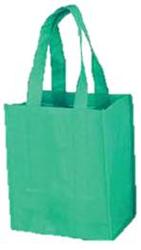
A form of plastic that can be made from recycled plastic containers. Machine wash (gentle cycle with soap and cold water) or hand wash in soap and water. Line dry.
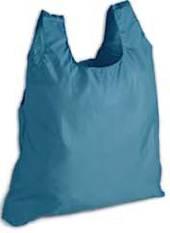
A durable, petroleum product. Hand wash in warm water and soap. Turn inside out and line dry.
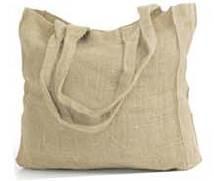
Made of biodegradable, natural fibers. Hand or machine wash (gentle cycle) with mild laundry detergent. Machine or line dry.
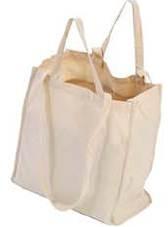
Made of biodegradable, natural fiber. Machine wash with hot water and laundry detergent. Machine or line dry.
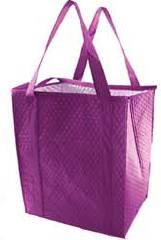
Insulated polyester fiber and coated thermal film keep foods/drinks cold or hot. Hand wash in warm water and soap or wipe with disinfecting or anti-bacterial wipes, especially along seams. Line Dry.
Note: Screen printing on some bags may bleed when washed. Wash with cold water for the first few washings.